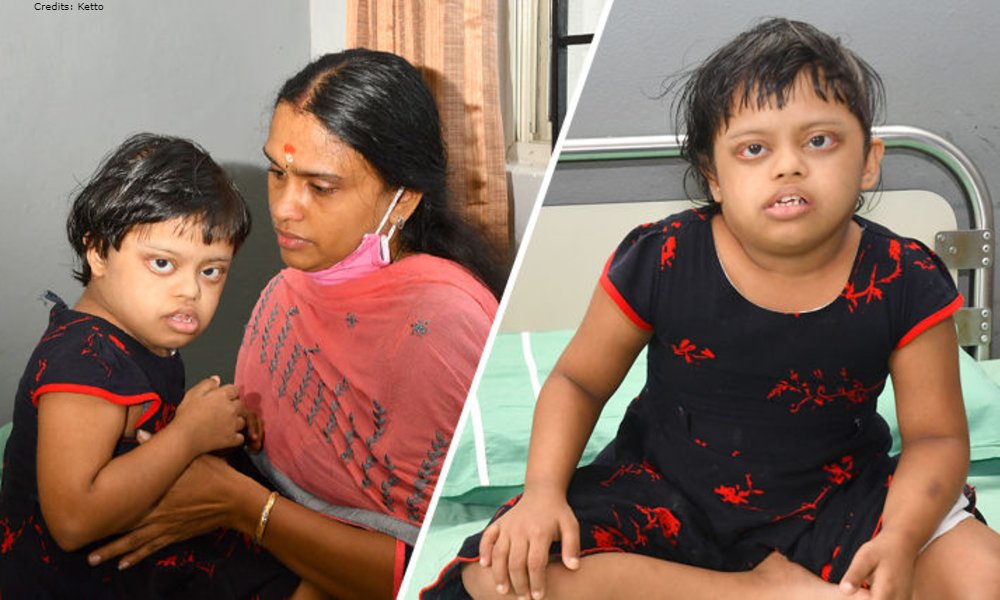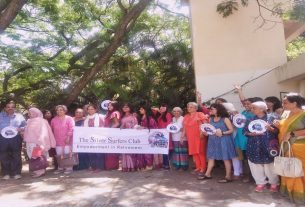The need for someone to constantly be in close proximity with children who lack motor skills makes it difficult for social distance to be ensured.
BENGALURU: Anirban Dutta’s nephew, Kaushik Dutta (6), has non-verbal autism and occasional faces epileptic seizures. He requires constant assistance from a second individual to get his needs met. Be it changing his clothes, feeding him, or even to sit up straight, he has to rely on someone.
Mr. Dutta, a Pune resident, is usually attends to his nephew’s needs. He said, his nephew’s basic motor skills are impaired. “I usually take care of him at home. Even if he needs to sit, he can’t do it alone,” he added.
A study shows, less attention has been paid to non-elderly people with disabilities who use long-term services and supports (LTSS) but live outside nursing homes. These services offer health-related and other social services to individuals who face physical or cognitive difficulties. This includes people with autism and Down’s syndrome, and people with physical disabilities who receive residential services.
The scope of social distancing when assisting such individuals is very low because somebody needs to be in close proximity when providing aid to them. For Mr. Dutta, this is no different. He sanitizes everything and does whatever he can. However, the meds for his nephew are rare. This usually means he has go out to fetch them, putting himself and his nephew at risk.
“These medicines aren’t available online and are only available in three stores in the city,” he said, adding that the nearest medical store is approximately six kilometres away.
Non-elderly people with disabilities who receive such services either from their own family members or external sources have similar risk factors due to the close contact required to provide assistance in daily activities like bathing, eating, dressing. Another report by the United Nations Economic and Social Commission for Asia and the Pacific (UNESCAP) states how it might be difficult to implement certain measures and self-isolation as persons with disabilities might require personal assistance to meet their daily needs.
Dr. Dutta, a child specialist said, “The type of help these children require depends. Some might need more help than others.” But if there are people who have to be cared for, it has to be done, according to her.
Another psychologist said disabilities like autism and Down’s syndrome have a spectrum of disorders The sensory-motor disintegration is impaired and people with such disabilities are sensitive to tactile perception. She added, “Their gross motor skills and fine motor skills often face developmental delays.” She explained that gross motor skills are the basic bodily movements like sitting and crawling while fine motor skills include actions like grabbing an object and holding a pencil.
Dr. Bidhan Roy, a healthcare worker says, the second strain of the virus is highly transmissible and it is affecting people of younger age groups as well. He said, “It is suggested that people ensure social distancing even within homes.” Dr. Roy suggested that the one who is in charge of assisting the physically disabled individual, should distance themselves from the other family members.




